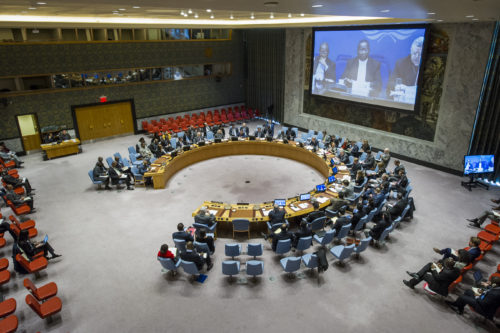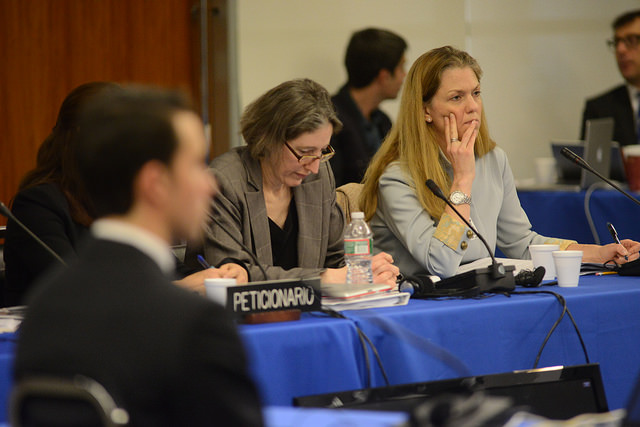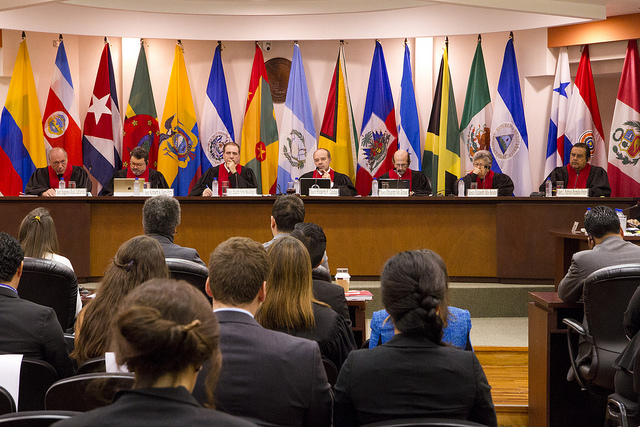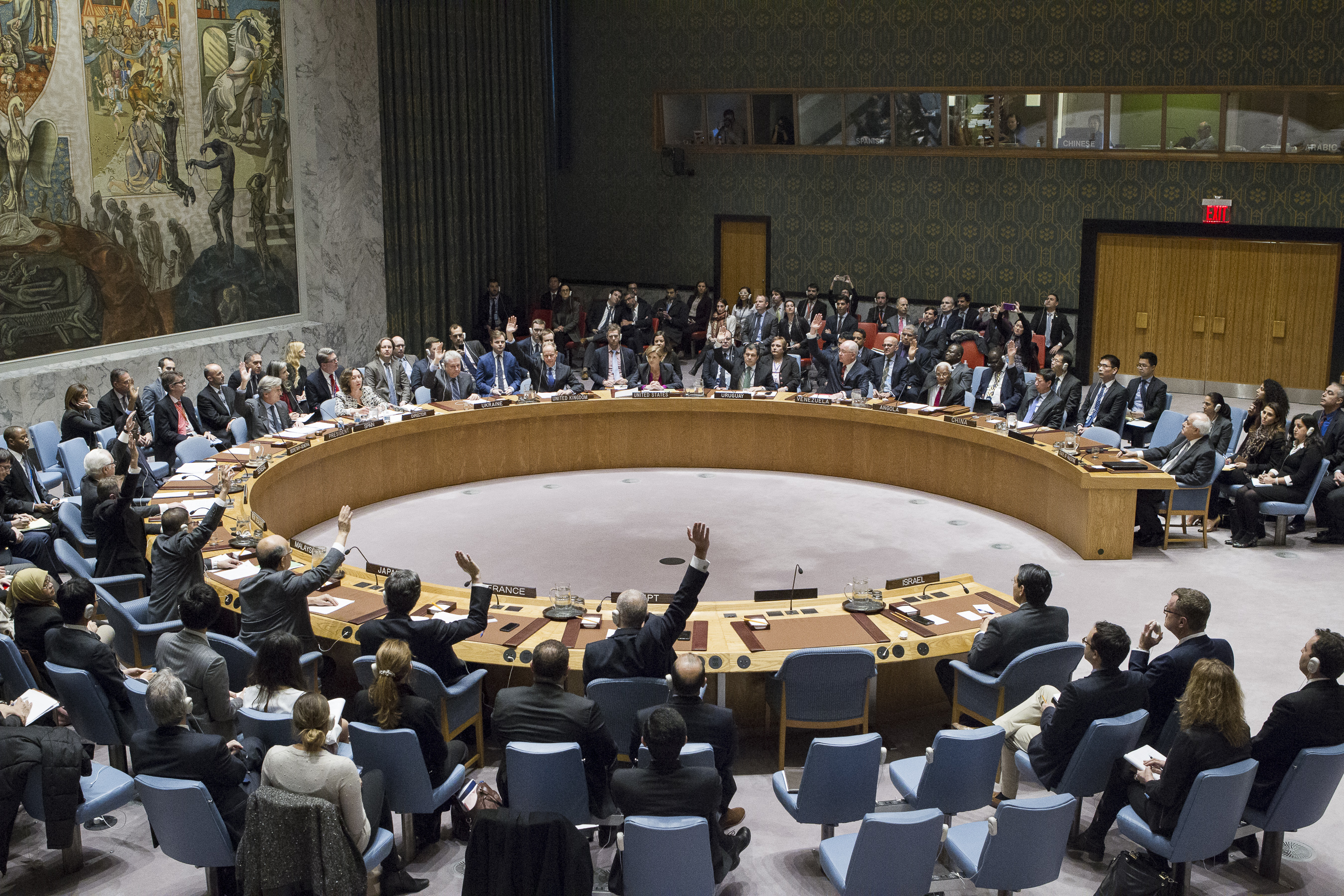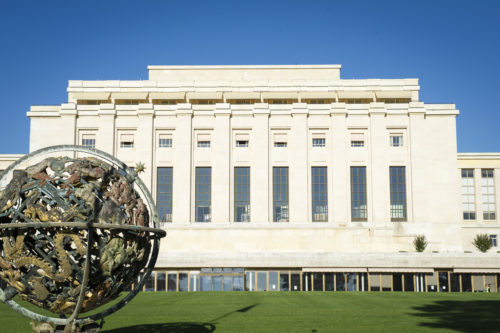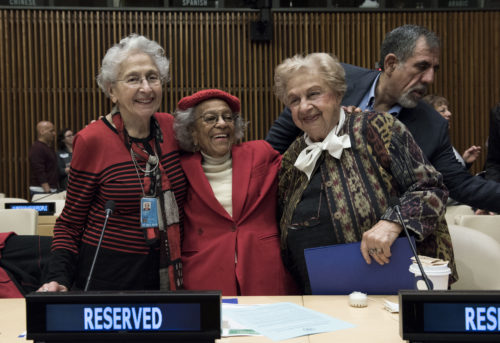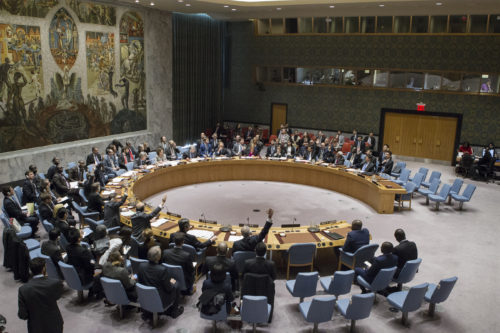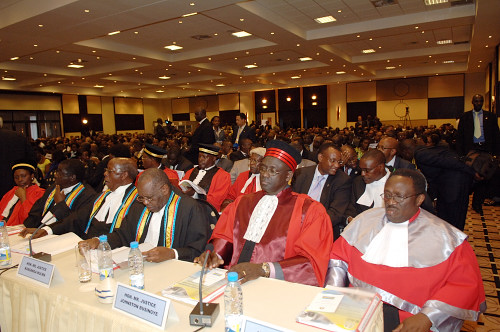Civil Society In Jordan this week, a military court arrested and charged eight activists with “insulting the King,” and “incitement to spread chaos,” through social media posts. [Al Jazeera] On Wednesday, Turkish authorities denied entry to New York Times correspondent Rob Nordland allegedly based on Nordland’s prior coverage of the Kurdistan Workers’ Party. [Al Jazeera] In Mexico, environmental and land
Read more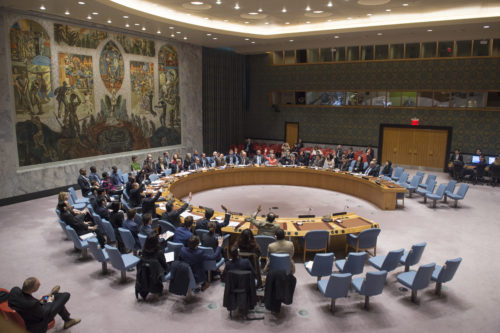
News Clips- January 20, 2017
IJRC armed conflict, Asia, assembly and association, civil litigation, civil society, democracy & political rights, due process & judicial protection, economic, social & cultural rights, environmental rights, family, human rights defenders, immigration & asylum, Inter-American System, international human rights, liberty & security of person, migrants, News Clips, privacy, property, regional human rights protection, right to life, thought, expression & association, UN General Assembly, Universal system, women's rights


